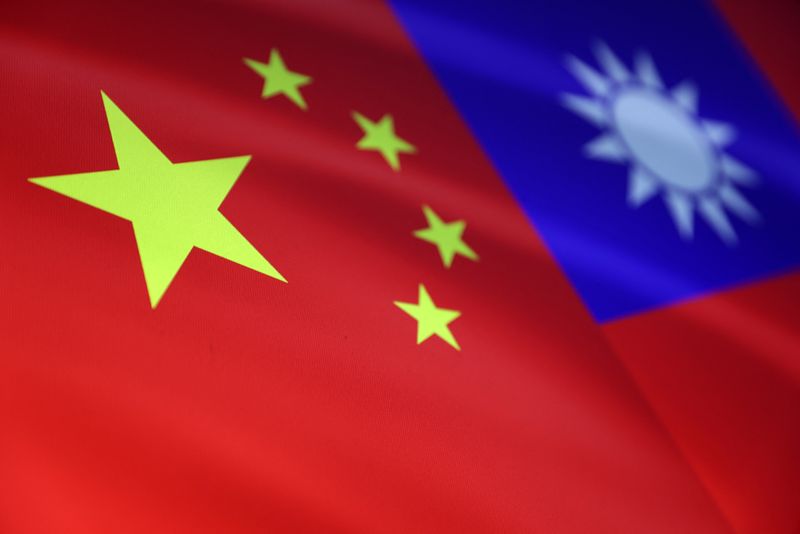Taiwanese authorities have accused eight mainland Chinese tech companies, including chip equipment giant Naura Technology Group, of illegally poaching talent from the island, underscoring growing cross-strait tensions as Beijing doubles down on its semiconductor self-sufficiency drive.
The Ministry of Justice Investigation Bureau in Taiwan said in a statement published on its website on Wednesday that it raided 30 locations and questioned 65 individuals in four cities, including Taipei and Hsinchu. The agency found that eight mainland companies were suspected of poaching talent and stealing trade secrets in Taiwan, which “seriously affects the competitiveness of Taiwan’s hi-tech industry”.
The eight companies were Naura, iCommsemi, Shanghai New Vision Microelectronics, Nanjing Aviacomm Semiconductor, Emotibot, Tongfang, Chengdu Analog Circuit Technology, and Hestia Power.
Naura – which produces etching, deposition and cleaning tools, as well as other chip-making gear – allegedly poached semiconductor equipment engineers in Taiwan. The Beijing-based company supplies to the mainland’s largest chip makers, including Semiconductor Manufacturing International Corporation, Yangtze Memory Technologies Corporation, and Hua Hong Semiconductor Group.
In a statement to the Post on Wednesday, Naura denied poaching local workers. The company said its Taiwan office “was established and operates in accordance with local laws and regulations”.
Many of the companies named by Taiwanese investigators, including iCommsemi and New Vision Microelectronics, specialise in chip design. Meanwhile, Emotibot develops automation artificial intelligence platforms based on technologies such as natural language processing and deep learning.
The three companies did not immediately respond to requests for comment on Wednesday.
Several of the accused companies are supported by the mainland Chinese government, according to Taiwanese authorities.
Investigators said Hestia Power, a Shanghai-based developer of chip materials, receives backing from the “Big Fund” – a major state investment vehicle set up by Beijing to support domestic chip industry development and bolster tech self-sufficiency.
Shanghai-listed Tongfang, known previously as Tsinghua Tongfang, was set up by the prestigious Tsinghua University in 1997. It is currently controlled by state-owned China National Nuclear Corporation and operates in various sectors, including the consumer electronics, energy and environmental industries.
Taiwanese investigators accused Tongfang of poaching nearly 100 research and development workers through a company it formed in Taiwan.
Tongfang and Hestia Power could not be reached for comment on Wednesday.
Beijing has been doubling down on efforts to achieve self-reliance in the chip industry, as Washington has tightened export controls to restrict the shipments of advanced semiconductor technologies to mainland entities.
The Beijing municipal government last month launched a semiconductor investment fund with a registered capital of 8.5 billion yuan (US$1.2 billion), according to Chinese corporate database Qichacha. That came three months after China created its largest-ever chip investment fund – the third phase of the Big Fund – with a registered capital of 344 billion yuan.

